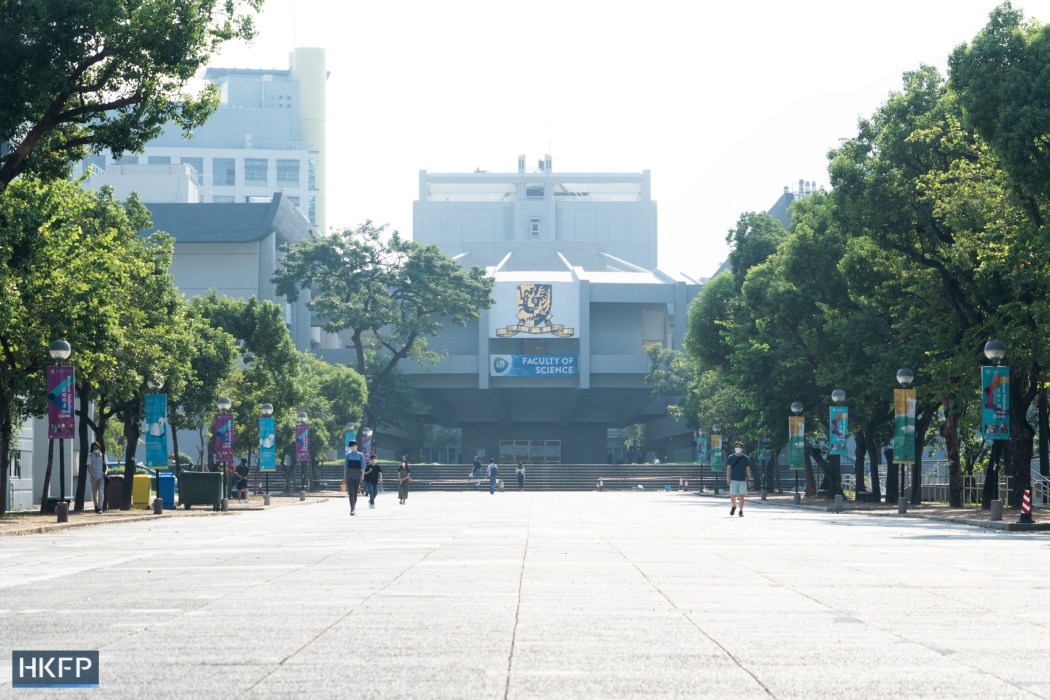The Chinese University of Hong Kong (CUHK) has refuted “unfounded” online claims that tourists could stay at some of its facilities overnight for free, saying it may call the police for assistance if visitors remained on campus beyond opening hours.

In a statement released on Monday, CUHK said online rumours had been cited in news articles recently, which claimed that some of its facilities could accommodate tourists or visitors overnight at no cost.
“CUHK hereby clarifies that these rumours and reports are totally unfounded,” the English-language statement read.
The clarification came after local media reported on guides to “free accommodation” in Hong Kong that had been shared on mainland Chinese social media platform Xiaohongshu, often referred to as the “Chinese Instagram.”
Platforms popular internationally, such as Facebook and YouTube, are inaccessible in mainland China without a VPN to circumvent the nation’s Great Firewall.

According to a widely circulated screenshot, a Xiaohongshu user made a post in March on how to find “free accommodation” at CUHK.
The seats in Ho Sin-Hang Engineering Building had sockets for charging, while the Yasumoto International Academic Park had a 24-hour study space which allowed people to stay overnight, the post read. The user also pointed to shower facilities and free Wi-Fi at the university.
“It means that we can basically live in the school,” the user wrote.
CUHK said on Monday that in recent years it had implemented campus access control and security measures, requiring all visitors to present their identity documents to enter. They must also state their purpose of visit in order to be allowed to access the Sha Tin campus.
The university is open to the public between 9 am and 9 pm, with visitors prohibited from remaining on campus beyond such hours.

“Visitors who violate these regulations will be expelled from the campus. If necessary, the University will call Police for assistance,” CUHK said.
Prior to the anti-extradition bill unrest in 2019 and the Covid-19 pandemic, members of the public could enter all universities in Hong Kong without restrictions. At the height of the months-long protests, some universities installed electronic gates to restrict public access as some campuses turned into brutal battlegrounds between the police and protesters.
Protests erupted in June 2019 over a since-axed extradition bill. They escalated into sometimes violent displays of dissent against police behaviour, amid calls for democracy and anger over Beijing’s encroachment. Demonstrators demanded an independent probe into police conduct, amnesty for those arrested and a halt to the characterisation of protests as “riots.”
Support HKFP | Policies & Ethics | Error/typo? | Contact Us | Newsletter | Transparency & Annual Report | Apps
Help safeguard press freedom & keep HKFP free for all readers by supporting our team

LATEST FROM HKFP
HKFP has an impartial stance, transparent funding, and balanced coverage guided by an Ethics Code and Corrections Policy.
Support press freedom & help us surpass 1,000 monthly Patrons: 100% independent, governed by an ethics code & not-for-profit.










